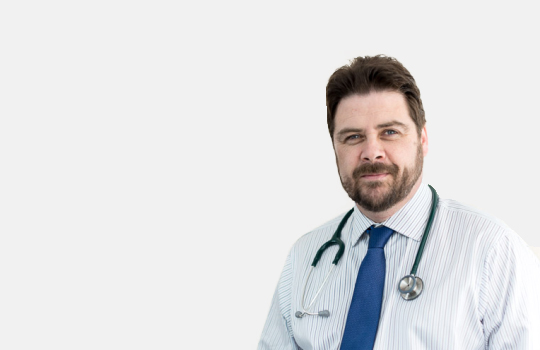I have been working as a patient advocate, peer helper, treatment literacy trainer and policy advocate in the HIV/AIDS field for more than a decade now. HIV is no longer looked at as a standalone illness, instead we talk about a syndemic that is described as the combination and concurrent appearance of HIV, hepatitis C […]
Richard Lehman’s journal review—9 January 2017

NEJM 5 Jan 2017 Vol 376 The trials of big pharma As a fan of Ben Goldacre’s Bad Pharma and Peter Gøtzsche’s Deadly Medicines and Organised Crime, I was not expecting to think highly of a piece called “The Large Pharmaceutical Company Perspective” in the NEJM series called “The Changing Face of Clinical Trials.” It […]
David Oliver: Closing more hospital beds—the policy zombie they couldn’t kill

During the silly season over Christmas and New Year, NHS England Chief Nursing Officer Jane Cummings gave an interview to the Daily Telegraph. She advocated better investment in community and primary care services to allow more people to stay well, remain in their own homes, and return home sooner after acute illness or injury. Amen […]
Narinder Kapur: Promoting compassion in healthcare—ask “How are you coping?”
The issue of showing compassion in healthcare was highlighted by the Mid-Staffordshire Reports, and it was given a major boost by the movement started by the late Dr Kate Granger, based on the phrase, “Hello my name is.” I propose an extension to this phrase with the sentence, “How are you coping?” to be used […]
Jeffrey Aronson: When I use a word . . . Medical anniversaries in 2017
Here are the topics covered by my selection of this year’s anniversaries, illustrated below: • chemistry (discovery of cadmium, lithium, and selenium; the Law of Mass Action); • infectious diseases (antisepsis; smallpox; measles); • molecular biology (structure of ribonuclease); • neurology (An Essay on The Shaking Palsy); • politics (Action on Smoking and Health); • […]
David Zigmond: Dying with, or from, dementia? An important distinction
Last month BBC Radio 4’s Today programme transmitted more ominous alarms about dementia. The rate of our dying from dementia is rapidly increasing, we are informed. But this is a misconstruction (commonly repeated in the popular press and even in more official channels) and can easily mislead. Most (though certainly not all) dementia is age […]
Xiao Guan on social media based money raising platforms in China
Social media based money raising platforms have gained popularity in China. Many patients and their families use these platforms to raise money to pay for medical care. However, there are problems with this approach. When they are successful, they often raise large sums of money. But this can sometimes be more than the cost of the […]
Collette Isabel Stadler: Childhood and adolescent anxiety and social media
Recently the NSPCC revealed that it had counselled 11,706 young people for anxiety in 2015-2016 via its Childline telephone counselling services—a 35% rise from the previous year. Most shockingly, a child in distress telephones Childline every thirty minutes to talk about feelings of suicide. The first academic studies investigating the growing problem of childhood and adolescent […]
Chris Simms: The Global Risk Report 2016—who listened?
What has the global community learnt from the World Economic Forum’s annual Global Risk Report released last January? The evidence suggests it has not learnt enough to prioritize and take effective steps to mediate risk and, instead, over the past 12 months we have seemed transfixed and bewildered by an onslaught of world events. As […]
Richard Smith: Tales of sustainability I—transforming mental health services in Lambeth

In 2010 adult mental health services in Lambeth in South London were at breaking point, with most acute wards running at over 100% capacity (possible because of overspill into the expensive private sector). There was a collective view amongst partners that resources were not being spent effectively, going on small numbers of people, often with […]